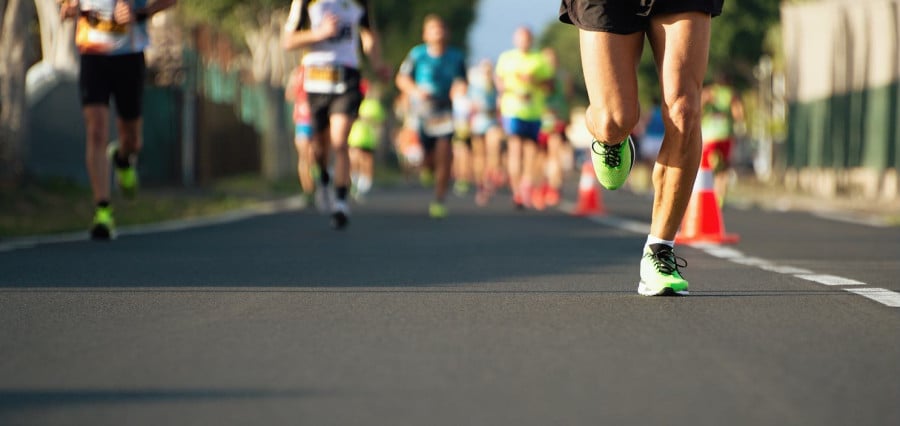How athletes can manage competing sponsorship obligations

Prior to the London Marathon, British running athlete Eilish McColgan claimed that she was threatened from being blocked to enter the event because of a sponsorship clash. 1 McColgan planned to wear a vest bearing the logo of her individual sponsor, Science in Sport (“SIS”), during the marathon which would have conflicted with the London Marathon’s official sponsor, Lucozade Sport. Major sporting events often have extensive regulations in relation to the commercial activities of participating athletes and individual sponsors. For example, the Olympics maintains strong protection of their official sponsors including through the IOC’s Partner Programme which grants category exclusive marketing rights to the Olympic games to a select group of global partners including Airbnb, Coca-Cola and Omega among others.2 Athletes competing in the Olympics are mandated to prioritise IOC Partner Programme sponsors over any individual sponsorship obligations they have, as explained further below.
It can be difficult for athletes to manage such competing sponsorship obligations among their various commercial responsibilities and sporting obligations, such as:
- the sponsors of the athletes themselves,
- team sponsors,
- sporting body’s commercial partners or the brands sponsoring sports organisations; and,
- events they compete in.
Both athletes and brands therefore need to be aware of the varying requirements and standard practices to consider in relation to sponsorship agreements subject to the specific sport, event, organisation or existing athlete sponsorship nuances that arise.
In this article we will examine:
- the London Marathon Eilish McColgan incident concerning a sponsorship conflict;
- the IOC’s Rule 40 around personal athlete sponsorships; and
- some practical steps brands and athletes can take to traverse this landscape.
To continue reading or watching login or register here
Already a member? Sign in
Get access to all of the expert analysis and commentary at LawInSport including articles, webinars, conference videos and podcast transcripts. Find out more here.
- Tags: Athlete Welfare | Commercial Law | Cycling | Intellectual Property Rights | IOC | Olympic | Rule 40 | Scotland | Sponsorship | Sports | United Kingdom (UK)
Related Articles
- Trademarked For Success – What Can Athletes Learn From Usain Bolt’s Legendary Victory Celebration?
- Cooperation In Staging Major Sports Events - Why Is Compromise Becoming So Tricky?
- Juventus FC Secures Landmark Ruling Securing Trade Mark Rights For NFTs
- What Sponsors Can Learn From The 2022 World Cup Beer Fiasco
- Visibility Of Women’s Sport: What Athletes And Influencers Need To Know Before Launching A Podcast
- Crypto In Sport - Key Legal Resources On NFTs, Cryptocurrencies, Fan Tokens & The Metaverse
- Game On: Licensing Sports Content For Video Games
Written by
Simon Casinader
Simon Casinader is a partner in the London office at K&L Gates and had previously worked in their Melbourne office for over seven years. Simon is an intellectual property lawyer with extensive experience in protecting and enforcing intellectual property rights across multiple jurisdictions.
Niall Lavery
Niall Lavery is an associate at the London office of K&L Gates. He splits his practice into two primary areas, specifically, 1) antitrust, competition and trade regulation and 2) intellectual property and commercial law where the team’s cross-departmental approach allows him to provide a versatile and comprehensive approach to his work.
Sophie Verstraeten
Sophie is an Intellectual Property Paralegal at K&L Gates, London.






